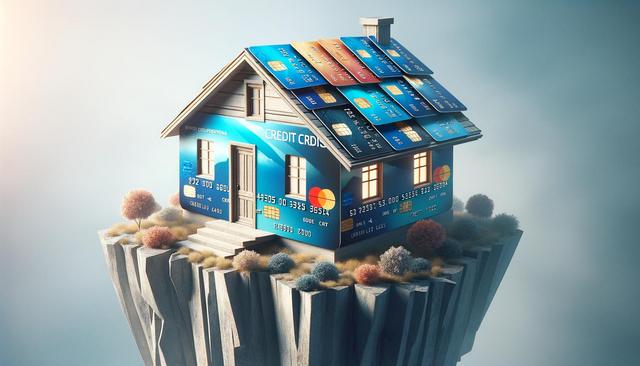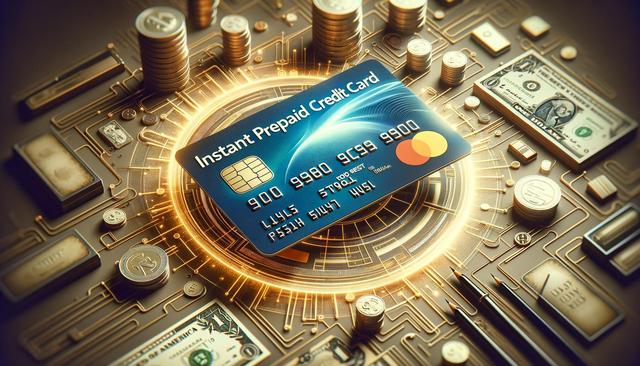Understanding Bad Credit and Its Impacts on Home Loans
Bad credit refers to a low credit score, typically resulting from late payments, high debt levels, defaults, or other financial missteps. Lenders use credit scores to assess the risk of lending money, so a low score can make it harder to qualify for traditional housing loans. Often, individuals with bad credit face higher interest rates or tougher loan terms, but this doesn’t mean homeownership is out of reach. Navigating the lending landscape with a subpar credit score requires understanding how credit impacts loan eligibility and exploring alternative options available in the market.
Credit scores are typically categorized as follows:
- Excellent: 750 and above
- Good: 700–749
- Fair: 650–699
- Poor: 600–649
- Very Poor: below 600
Even if your score falls in the ‘poor’ or ‘very poor’ range, some lenders specialize in working with individuals in similar situations. These non-traditional lenders may be more flexible but often come with higher costs. Knowing where you stand and what options are realistic is the first step toward finding a suitable housing loan.
Exploring Housing Loan Options for Bad Credit
When traditional banks are not an option, several alternatives can bridge the gap for those with bad credit. Various loan products cater specifically to individuals with lower credit scores. These options often include government-backed loans, subprime mortgages, and alternative lending sources. Each of these comes with its own set of requirements and trade-offs that borrowers should carefully evaluate before proceeding.
Potential loan options include:
- FHA Loans – Backed by the government and designed for low-credit borrowers.
- VA Loans – Available to eligible military personnel and often more forgiving of credit issues.
- Subprime Mortgages – Offered by lenders willing to take on higher risk, but usually with higher interest rates.
- Rent-to-Own Agreements – Provide a path to ownership without immediate financing.
Evaluating these options in detail and comparing their terms can help determine which path is feasible and financially sustainable in the long run.
Improving Your Credit Before Applying
While it’s possible to obtain housing loans with bad credit, improving your score even slightly can significantly enhance your chances and reduce costs. Simple actions taken over a few months can lead to meaningful credit improvements. Taking time to repair your credit can open doors to better loan terms and a wider range of lenders.
Strategies to improve credit include:
- Paying bills on time consistently
- Reducing outstanding debt, especially credit card balances
- Avoiding new credit inquiries unless necessary
- Checking your credit report for errors and disputing inaccuracies
Many borrowers find that dedicating even six months to credit repair can make a noticeable difference in the offers they receive. While it takes discipline, the payoff in terms of interest savings and loan approval chances often makes the effort worthwhile.
What to Expect During the Loan Process
Applying for a housing loan with bad credit often involves more documentation and scrutiny. Lenders may request additional proof of income, employment history, or explanations for past credit issues. Being prepared and transparent can help build trust and improve your odds of approval. Understanding what to expect allows applicants to approach the process confidently and avoid unnecessary delays.
Here’s what you may need to provide:
- Proof of stable income (pay stubs, tax returns, bank statements)
- Verification of employment
- List of current debts and monthly obligations
- A personal statement explaining credit challenges and steps taken to improve
Some lenders may also require a higher down payment or charge an origination fee to offset the increased risk. Borrowers should read terms carefully, ask questions, and seek help from a housing counselor if needed. Being informed and organized can make a significant difference during the application process.
Finding Support and Resources
For individuals struggling with bad credit, navigating the housing loan process can feel overwhelming. Fortunately, there are numerous resources designed to support prospective homeowners in challenging financial situations. Government agencies, non-profits, and financial advisors can offer assistance in understanding loan options, improving credit, and preparing for homeownership responsibilities.
Resources to consider include:
- HUD-approved housing counselors
- Local community development programs
- Financial literacy workshops
- Online tools for budgeting and credit tracking
Reaching out to these resources can provide personalized guidance and help borrowers avoid predatory lending practices. It also reinforces the idea that homeownership is a journey that doesn’t have to be taken alone. With the right support, even those with difficult credit histories can move forward toward their goals.
Conclusion: Building a Path Toward Homeownership
While bad credit may pose challenges, it doesn’t eliminate the possibility of securing a housing loan. By understanding your credit, exploring alternative loan products, and taking proactive steps to improve your financial profile, you can increase your chances of owning a home. Being informed, patient, and prepared is key. With careful planning and the right support, moving into your own home—even with less-than-perfect credit—is a realistic goal worth pursuing.


